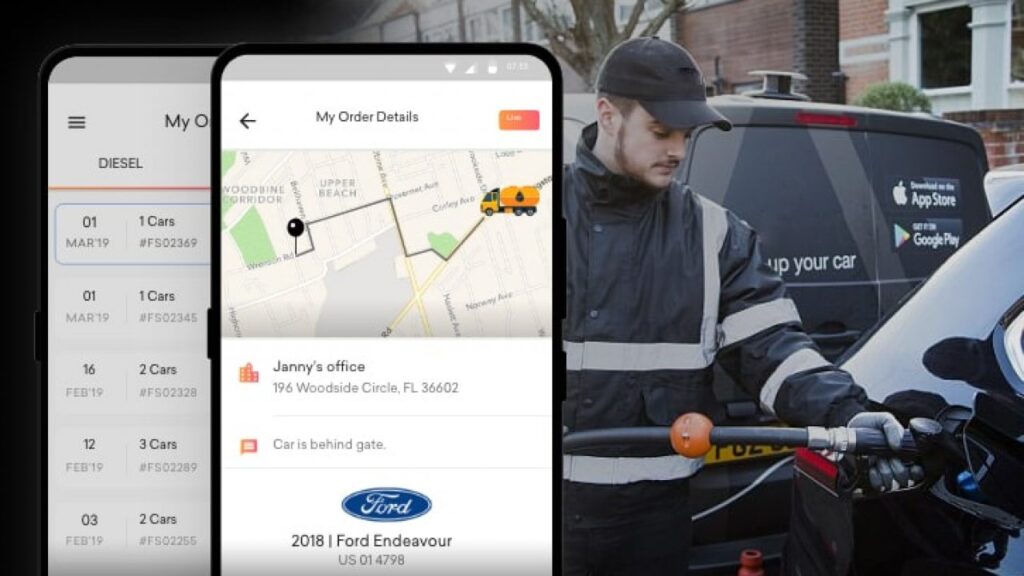A fuel delivery service is a crucial component of any vehicle, responsible for supplying the engine with the necessary fuel to function properly. Over the years, various advancements have been made in fuel delivery services to enhance performance, efficiency, and overall reliability. In this article, we will explore different kinds of solutions offered by fuel delivery services.

Carburetors:
Carburetors were widely used in older vehicles and are still found in some small engines. The anytime fuel in san antonio mixes air and fuel in the correct proportions and delivers the mixture to the engine’s combustion chambers. While carburetors are simple and cost-effective, they are less efficient and can lead to fuel wastage.
Mechanical Fuel Injection:
Mechanical fuel injection systems utilize mechanical components to deliver fuel to the engine. These systems often employ a mechanical fuel pump that pressurizes the fuel and delivers it to the injectors. While mechanical fuel injection systems are more efficient than carburetors, they can be challenging to tune and adjust for optimal performance.
Electronic Fuel Injection EFI:
EFI systems have become the standard in modern vehicles. They use electronic sensors and an Engine Control Unit ECU to precisely control the fuel delivery process. EFI systems inject fuel directly into the engine’s intake manifold or combustion chamber, resulting in improved fuel efficiency, performance, and emissions control. Electronic fuel injection systems can adjust fuel delivery in real-time based on various factors such as engine load, temperature, and throttle position.
Direct Injection DI:
Direct injection systems have gained popularity in recent years due to their ability to improve fuel efficiency and power output. In DI systems, fuel is injected directly into the combustion chamber rather than the intake manifold. This allows for better fuel atomization, more precise control over the combustion process, and reduced fuel consumption. DI systems are commonly found in gasoline and diesel engines.
Gasoline Direct Injection GDI:
GDI is a specific type of direct injection system designed for gasoline engines. It involves injecting fuel directly into the combustion chamber at high pressure. GDI systems offer better fuel economy, increased power, and reduced emissions compared to traditional port fuel injection systems. They also enable stratified combustion, where the air-fuel mixture is leaner around the spark plug for efficient partial load operation. CRDI systems provide precise control over fuel injection timing and duration, resulting in improved combustion efficiency, reduced emissions, and quieter operation.
Flex-Fuel Systems:
Flex-fuel systems are designed to accommodate a wide range of fuel types, including gasoline and various ethanol blends. These systems utilize sensors and a specialized fuel management system to detect the type and ratio of fuel being used. Flex-fuel systems allow vehicles to optimize fuel delivery based on the available fuel, maximizing performance and efficiency.
Hybrid Fuel Systems:
Hybrid fuel systems combine different types of fuel delivery technologies to optimize performance and efficiency. For example, some hybrid vehicles use a combination of gasoline direct injection and electric motors to deliver power. These systems provide the benefits of both technologies, such as improved fuel economy and reduced emissions.